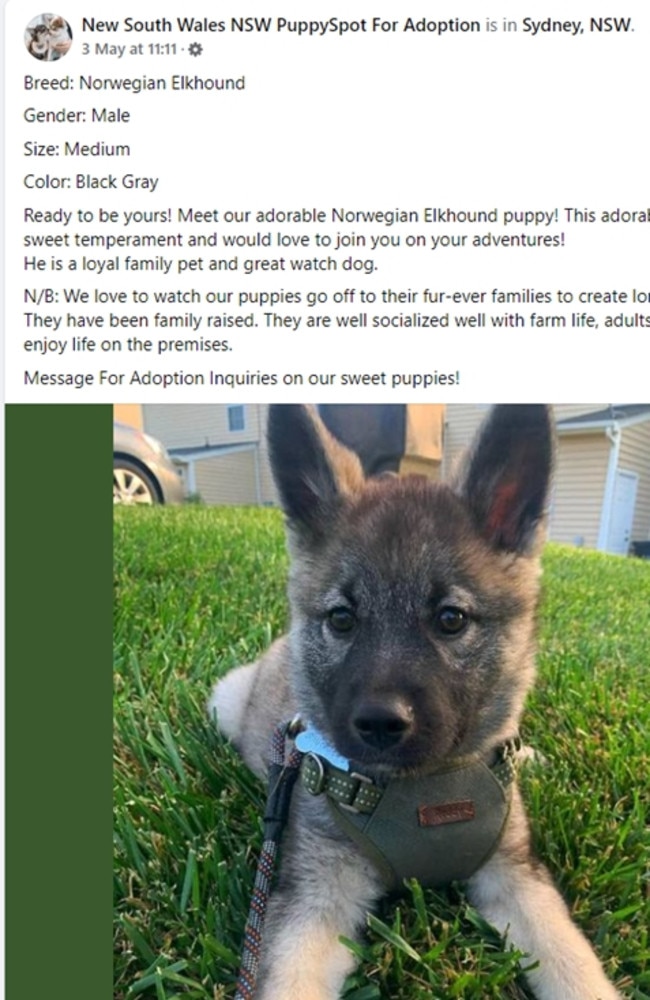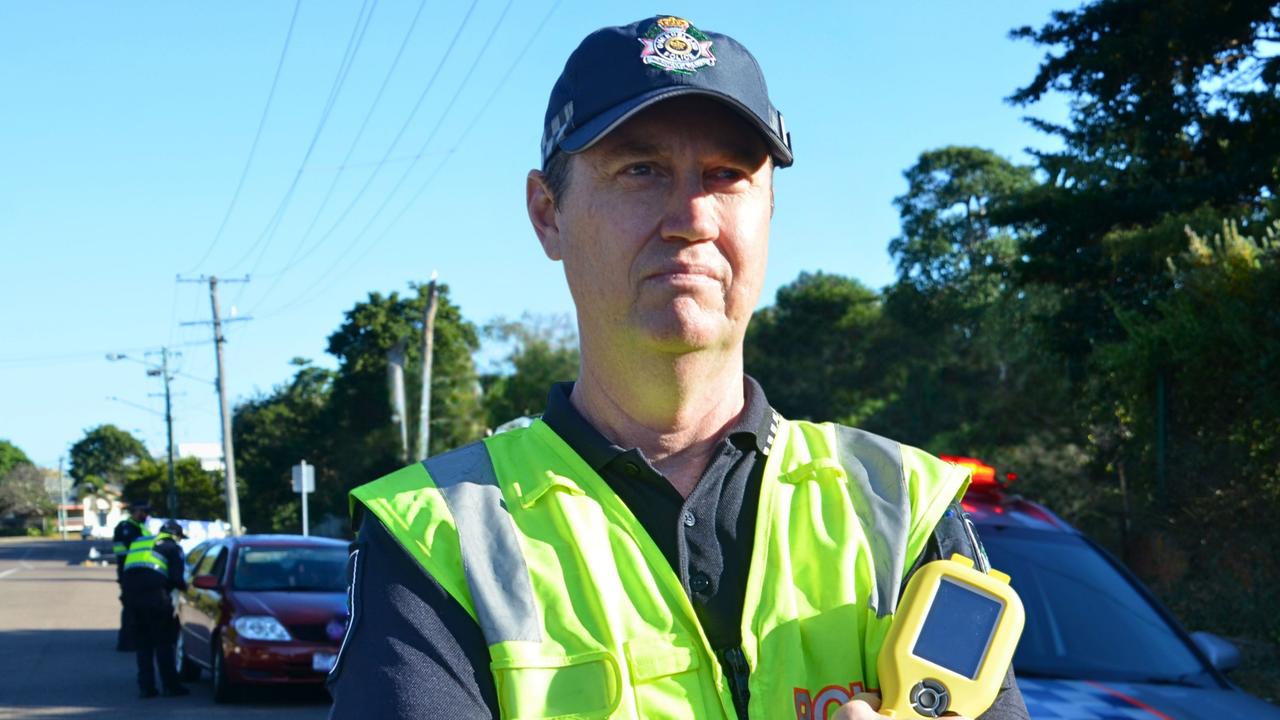Community members across North Queensland are reporting a rise in social media pet scams
The admin of a popular Townsville Facebook group has warned locals not to fall for convincing pet scams that tug at their heartstrings in order to separate them from their cash.

Townsville
Don't miss out on the headlines from Townsville. Followed categories will be added to My News.
Community members have warned of a rise in Facebook pet scam posts across popular Townsville groups.
Facebook group Townsville Lost & Found Pets has alerted members to the posts, which pose as lost or injured animals and encourage others to share the post, only to later change them to financial scams.
The group admin, who requested anonymity, said it hurts to see animal lovers exploited on social media
“Scammers posting injured, found pet posts on buy/swap/sell groups [are] pulling at the heartstrings of pet owners,” they said.
“The scammers are making pet search service pages to target people with missing pets, to get money out of them from these false searches.”
When posting to a Facebook group, your post must first be approved by admins. While Townsville Lost & Found Pets is able to monitor posts, the admin said there are many groups without.

“A number of pages are running these scams and some don’t have admins at all to run the groups,” they said.
“We receive these posts and scammers to our page daily and put an immediate stop to it.”
Another popular pet scam targets those looking to adopt a furry friend, with scammers taking advantage of locals’ love for puppies.
Puppy scams pose as sellers with fake photos of dogs, convincing people to pay, before disappearing and leaving buyers with no animal.
In 2022, close to 1700 reports of puppy scams were made, resulting in more than $2 million in losses across Australia.
Scam posts often disguise themselves as legitimate community members, raising concerns as to how easy it is for locals to fall for the devastating scams.

The Townsville Lost & Found Pets admin said there are a few key details to watch out for.
“It can be difficult for users to identify these posts on Facebook, but more than not the scammer will turn off comments so people are unable to let others know it is a scam,” they said.
“Check the person’s profile to see when it’s been created, location, friends list, and comments on the person’s profile from other users.”
Any type of scam can be reported at Scamwatch.
More Coverage
Originally published as Community members across North Queensland are reporting a rise in social media pet scams



